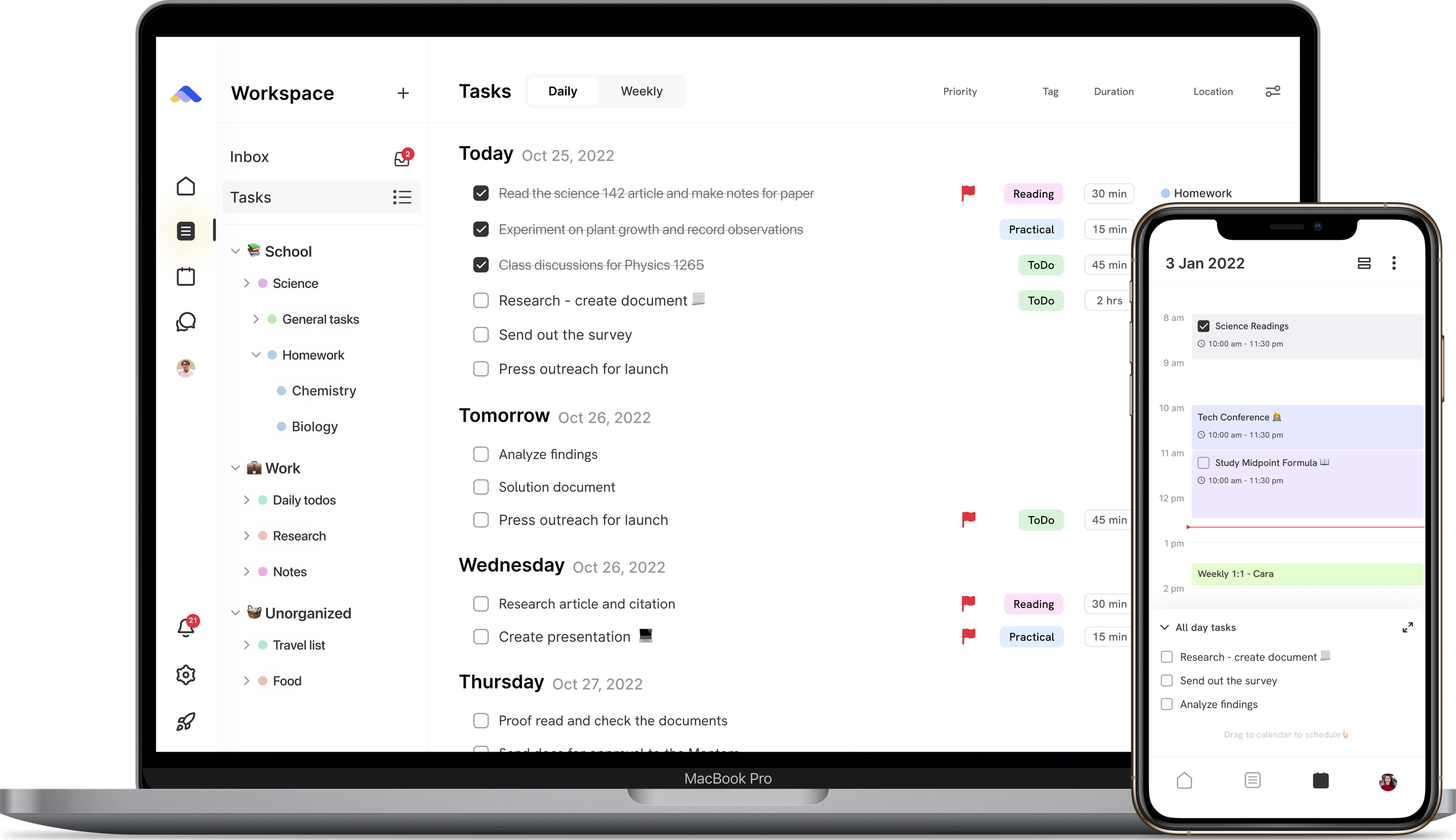Time Management Techniques for Professionals
In today’s fast-paced work environment, effective time management is essential for professionals seeking to enhance productivity and achieve their goals. Balancing multiple tasks, meetings, and deadlines can be overwhelming, but with the right strategies, you can take control of your time and maximize your efficiency. Here are some proven time management techniques to help you stay on track and make the most of your workday.
1. Set Clear Goals
Start by defining your short-term and long-term goals. Clear, achievable goals provide direction and motivation. Break larger goals into smaller, manageable tasks, and prioritize them based on their importance and deadlines. Using the SMART criteria—Specific, Measurable, Achievable, Relevant, and Time-bound—can help you create effective goals.
2. Prioritize Tasks with the Eisenhower Matrix
The Eisenhower Matrix is a powerful tool for prioritizing tasks based on their urgency and importance. Divide your tasks into four quadrants:
Urgent and Important: Do these tasks first.
Important but Not Urgent: Schedule these for later.
Urgent but Not Important: Delegate if possible.
Not Urgent and Not Important: Consider eliminating these tasks.
This method helps you focus on what truly matters and avoid getting caught up in less significant activities.
3. Use Time Blocking
Time blocking involves scheduling specific blocks of time for different tasks or activities throughout your day. Allocate time for deep work, meetings, breaks, and administrative tasks. By designating dedicated time for each task, you can minimize distractions and maintain focus. Remember to include buffer time between blocks to accommodate any unexpected interruptions.
4. Implement the Pomodoro Technique
The Pomodoro Technique is a time management method that encourages focused work sessions followed by short breaks. Here’s how it works:
Choose a task to work on.
Set a timer for 25 minutes and work on the task until the timer goes off.
Take a 5-minute break to recharge.
After four Pomodoros, take a longer break (15-30 minutes).
This technique helps maintain focus while preventing burnout, making it easier to tackle tasks over extended periods.
5. Limit Multitasking
While multitasking may seem efficient, it often leads to decreased productivity and increased errors. Focus on one task at a time to improve concentration and the quality of your work. When you complete a task, move on to the next one. This single-tasking approach enhances efficiency and helps you stay engaged with your work.
6. Utilize Technology and Tools
Leverage technology to streamline your workflow and manage your time effectively. Consider using task management apps, calendars, or time-tracking software to organize tasks and set reminders. Tools ByDesign.io can help you keep track of projects, deadlines, and priorities in one place.
7. Establish Boundaries
Setting boundaries is crucial for managing your time effectively. Communicate your availability to colleagues and establish dedicated work hours. Avoid checking emails or messages during focused work periods to minimize distractions. Encourage others to respect your time, which will help you maintain focus on your tasks.
8. Regularly Review Your Progress
Take time each week to review your accomplishments and assess your progress toward your goals. Reflect on what worked well and what didn’t, and make adjustments as needed. This practice helps you stay accountable and identify areas for improvement in your time management strategies.
9. Practice Self-Care
Effective time management isn’t just about work; it’s also about maintaining a healthy work-life balance. Prioritize self-care activities, such as exercise, hobbies, and relaxation. Taking regular breaks and ensuring adequate rest will improve your overall well-being and productivity.
Conclusion
Mastering time management techniques can significantly enhance your productivity and reduce stress in your professional life. By setting clear goals, prioritizing tasks, using tools, and practicing self-care, you can create a work environment that promotes efficiency and satisfaction. Implement these strategies to take control of your time and achieve your professional objectives more effectively. Remember, effective time management is a skill that requires practice, so be patient with yourself as you work to improve!



